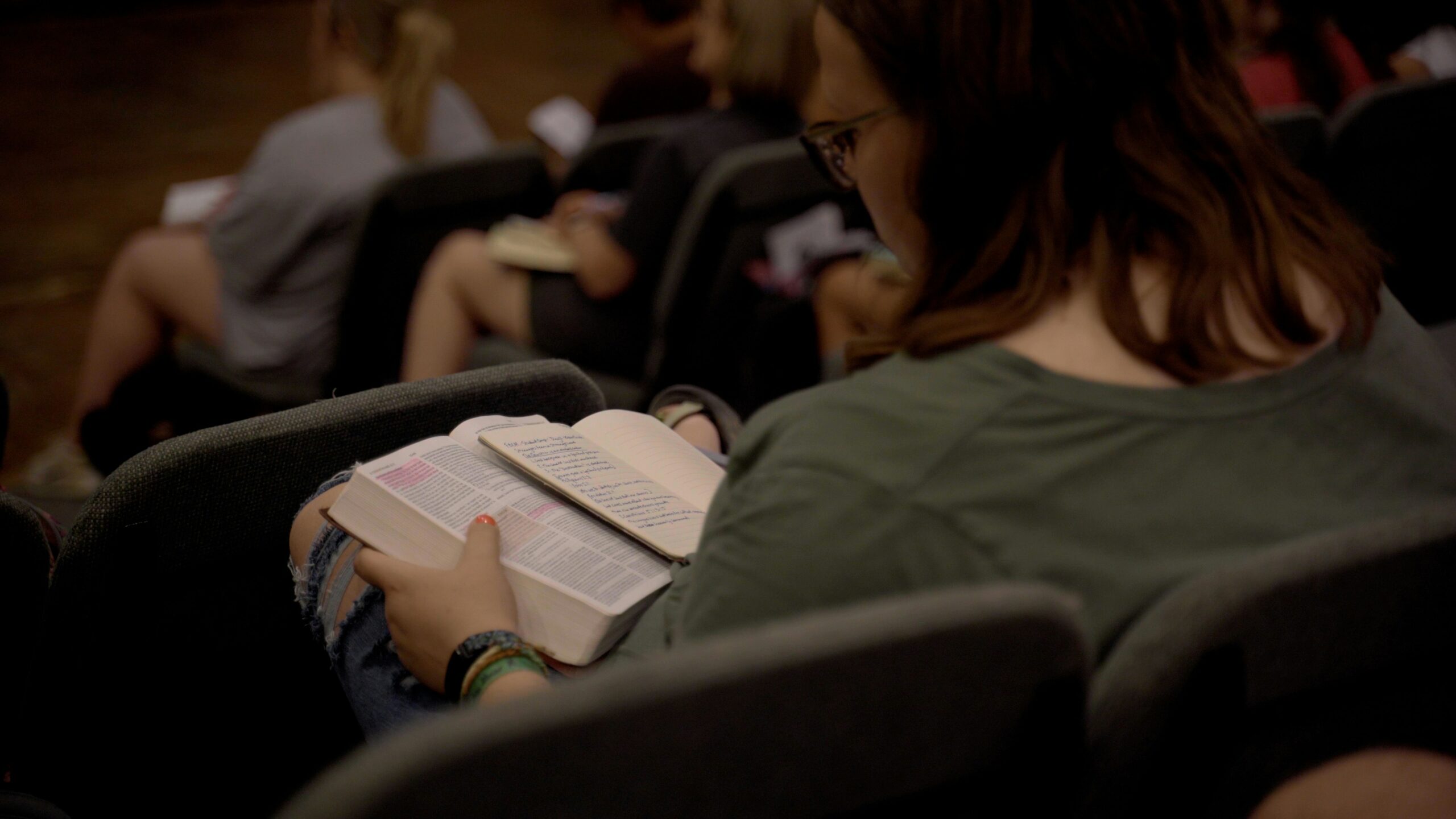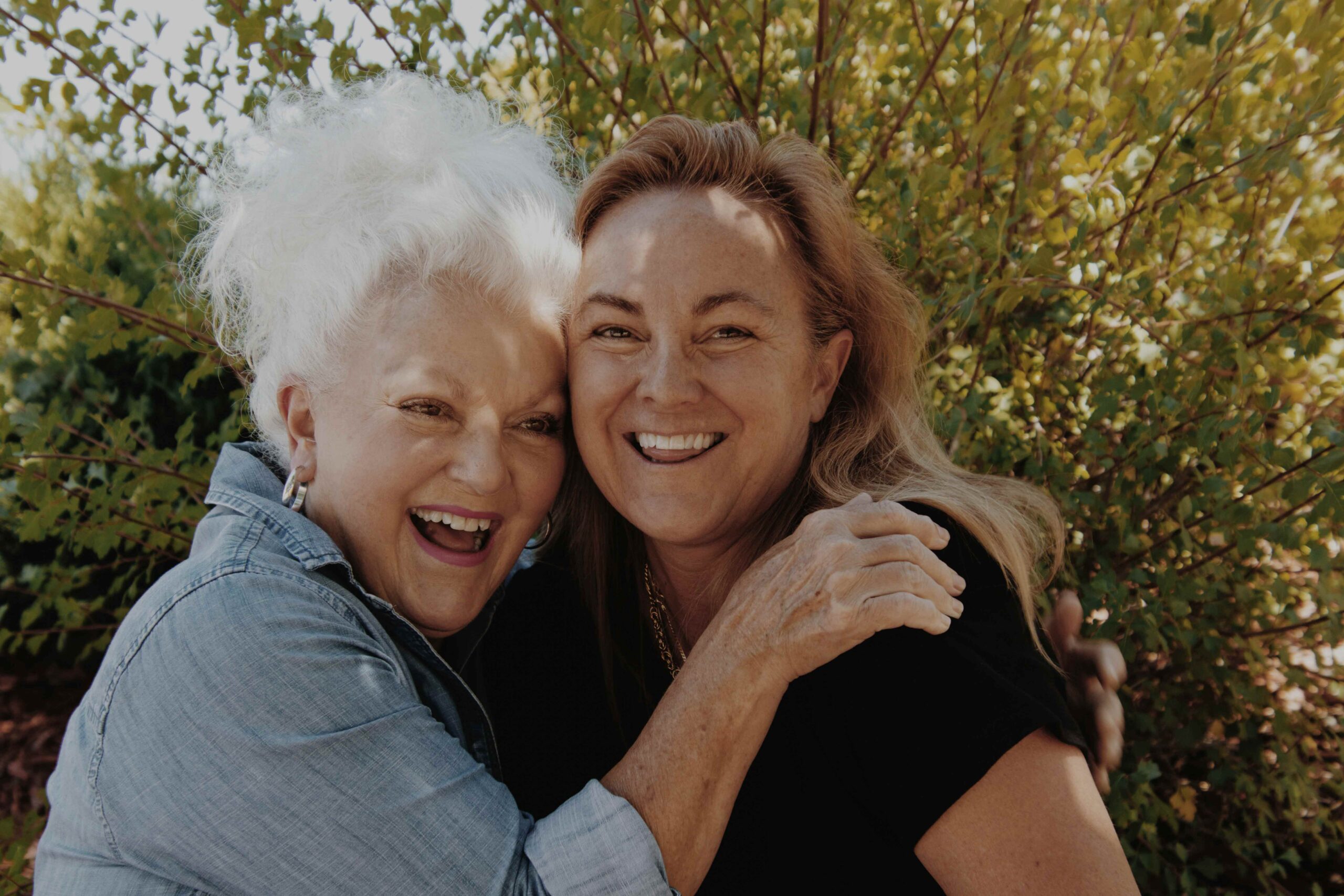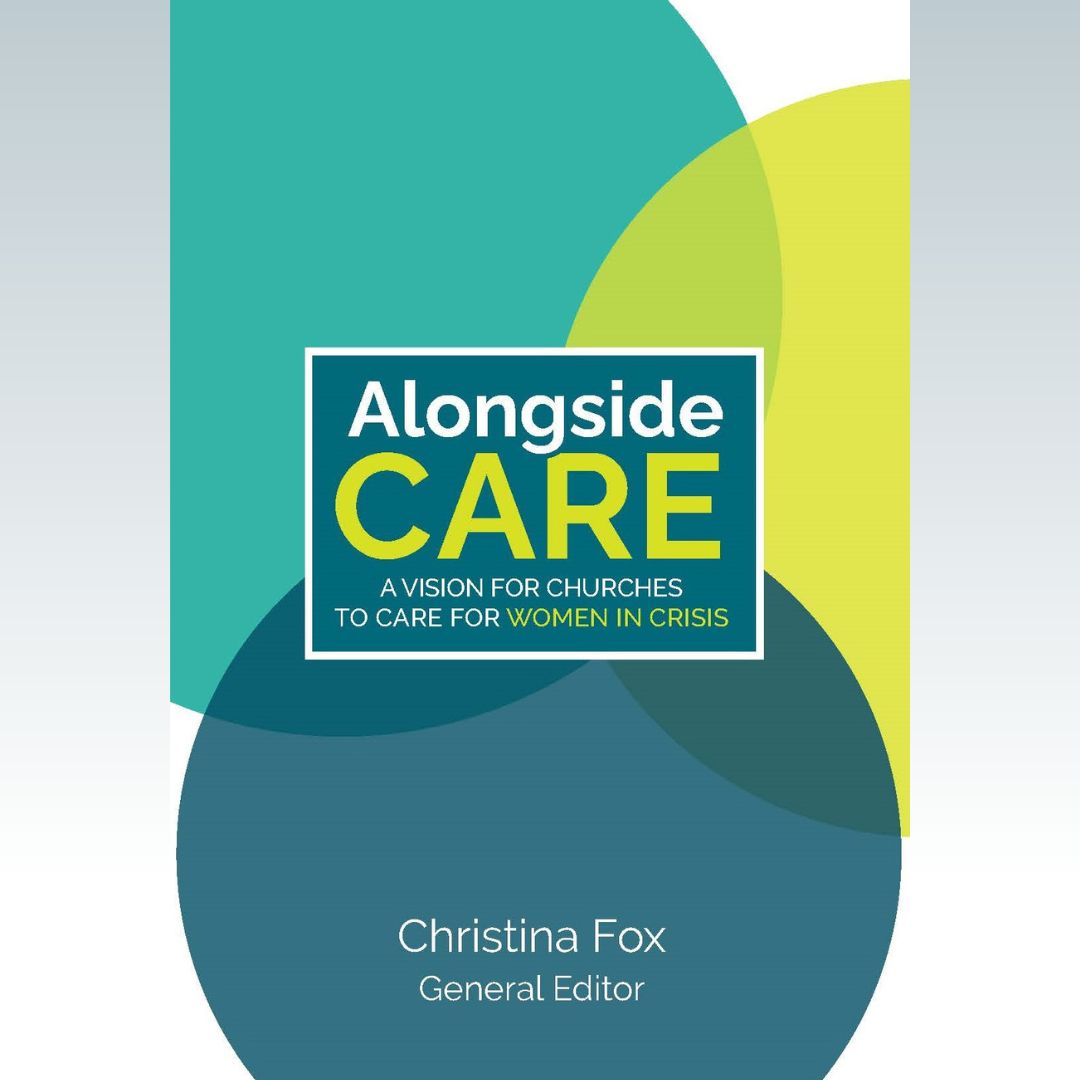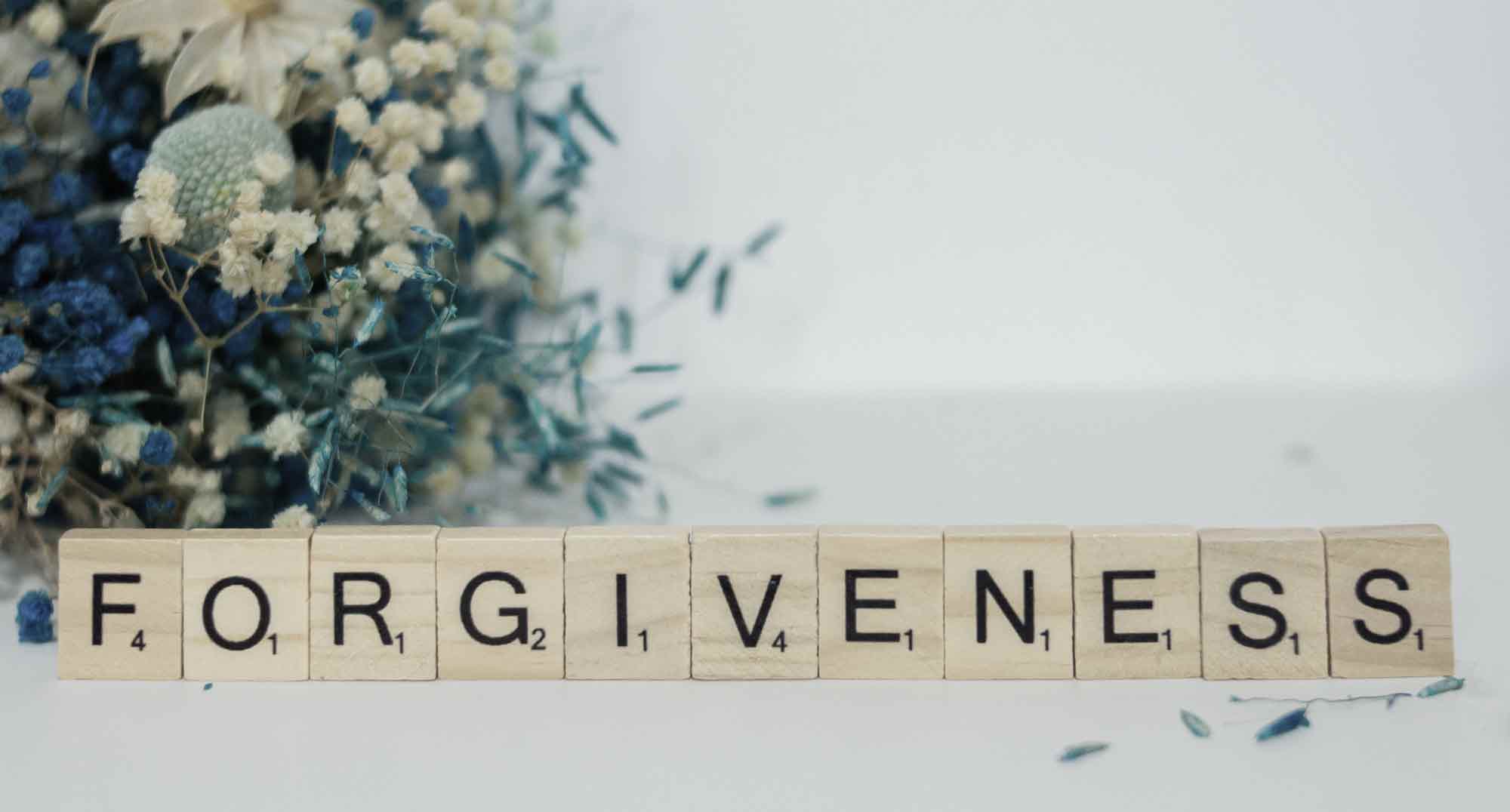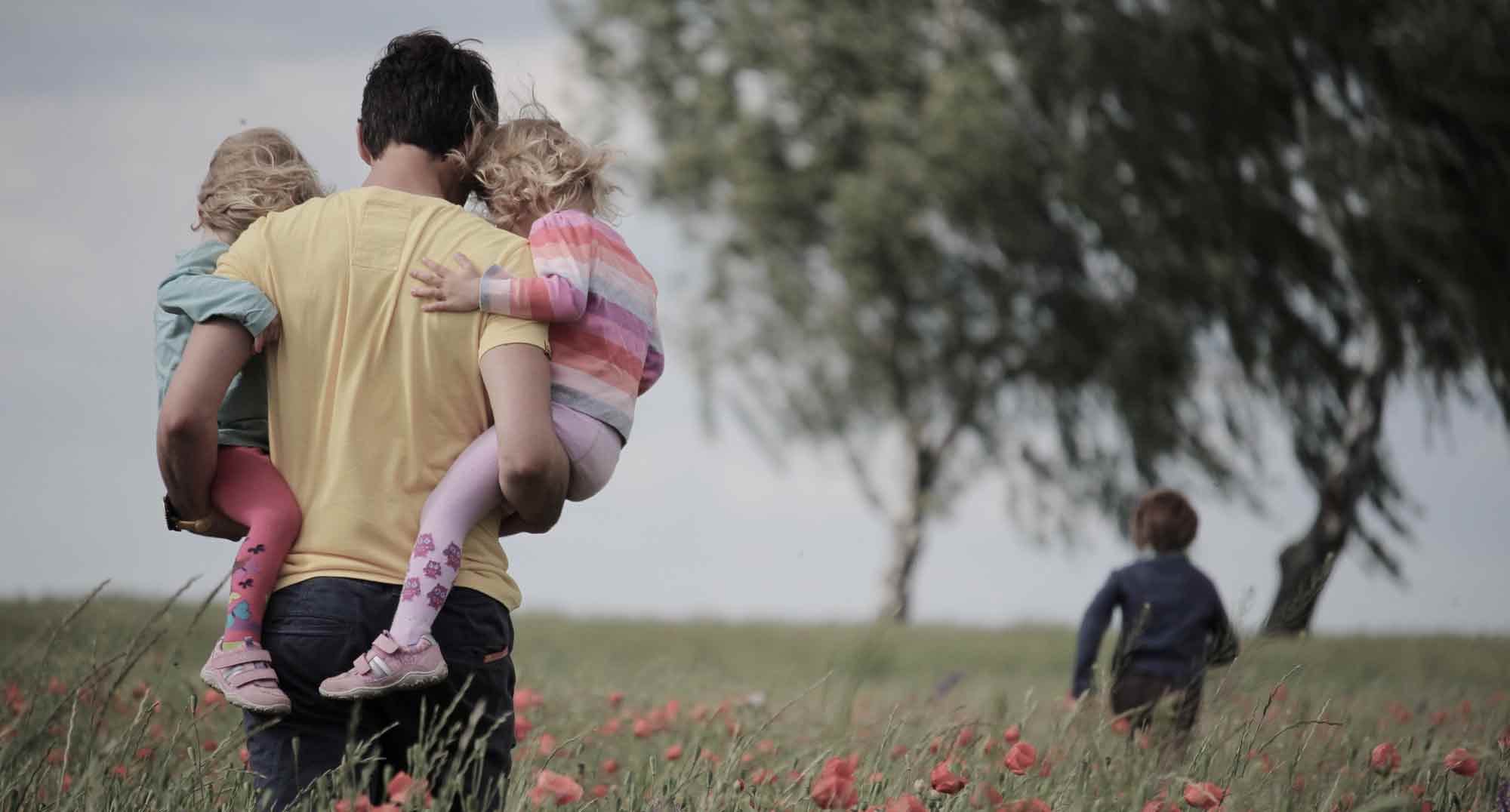Spiritual Synergy: The Impact of Gospel Partnership
KAREN HODGE | CONTRIBUTOR Synergy is not a word that often rolls off the tongue, but when you look around, you will begin to see it everywhere. Synergy finds its roots in the word for sun and energy and working together. It is where impact and multiplication collide. It is the interaction or cooperation of two or more organizations or other agents to produce a combined effect greater than the sum of their separate effects. On most days, one plus one always equals two. But synergy and collaboration offer the prospects of one plus one equaling three, ten, or one thousand. Don't believe me? Look around at God's creative acts. Bees exponentially pollinate, thus helping to oxygenate our world. Singular ingredients that may taste simple or bland when combined in a recipe delight the palate. Solos are nice, but how magnificent to sit in a sanctuary filled with an orchestra and the four-part harmony of a choir. It's the better together quotient! I write a strategic plan for our National Women’s Ministry Team each year. In 2025, we are inviting women to join us in stepping out in faith and asking God to enable the rich interdependence of spiritual synergy. Gospel Partnership Brings Joy, Thanksgiving, and Missional Alignment We don't read anywhere that Paul had favorite churches, but if he did, I am guessing that the church at Philippi would've been at the top of the list. This church was not perfect, but they were delighted to be partners. Paul expressed his joy in serving alongside them when he wrote, "I thank my God in all my remembrance of you, always in every prayer of mine for you all making my prayer with joy, because of your partnership in the gospel from the first day until now. And I am sure of this, that he who began a good work in you will bring it to completion at the day of Jesus Christ" (Phil. 1:3-6). This shared mission compelled him towards worship and thanksgiving. Planting the church at Philippi was no casual once-in-a-blue-moon connection. It started the day they met, and because of the gospel's power, it persevered daily. He knew that unpacking the content of the gospel in the context of community was eternally shaping him and his fellow brothers and sisters. Growing and serving together as a Body was not a one-and-done partnership but a process of gospel transformation that would find its finish on the day of Christ Jesus...

